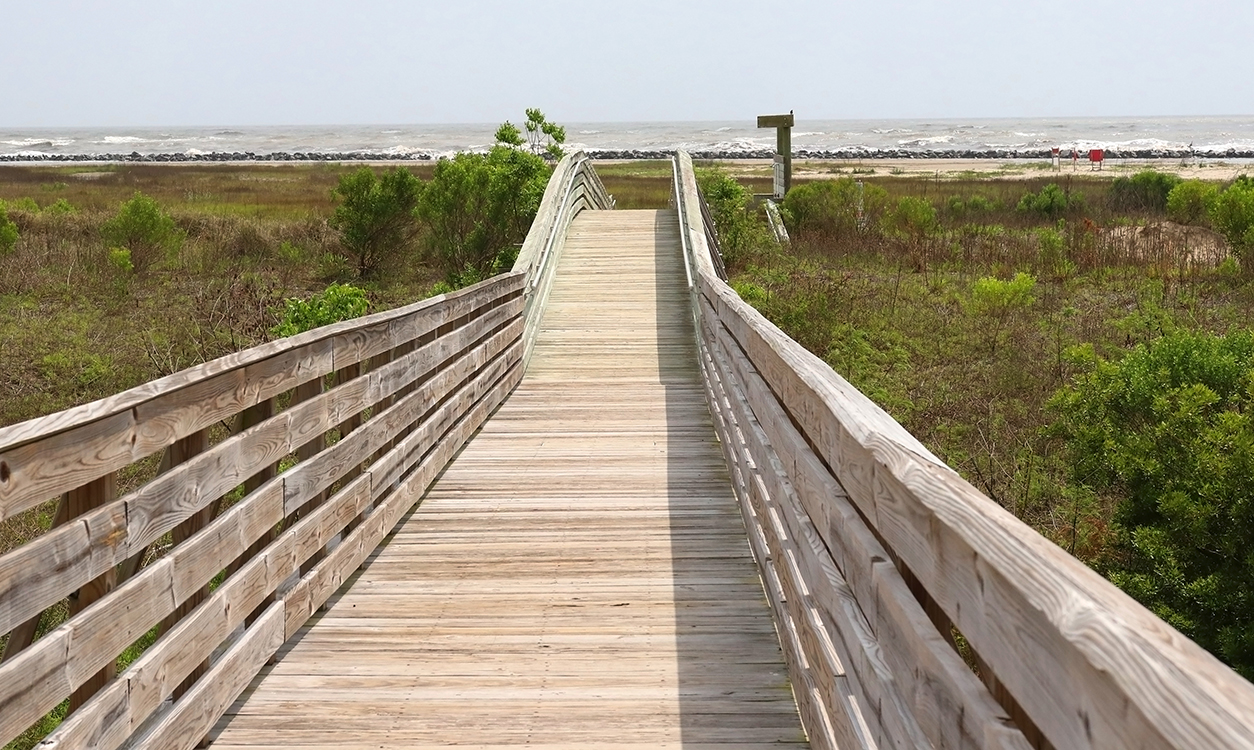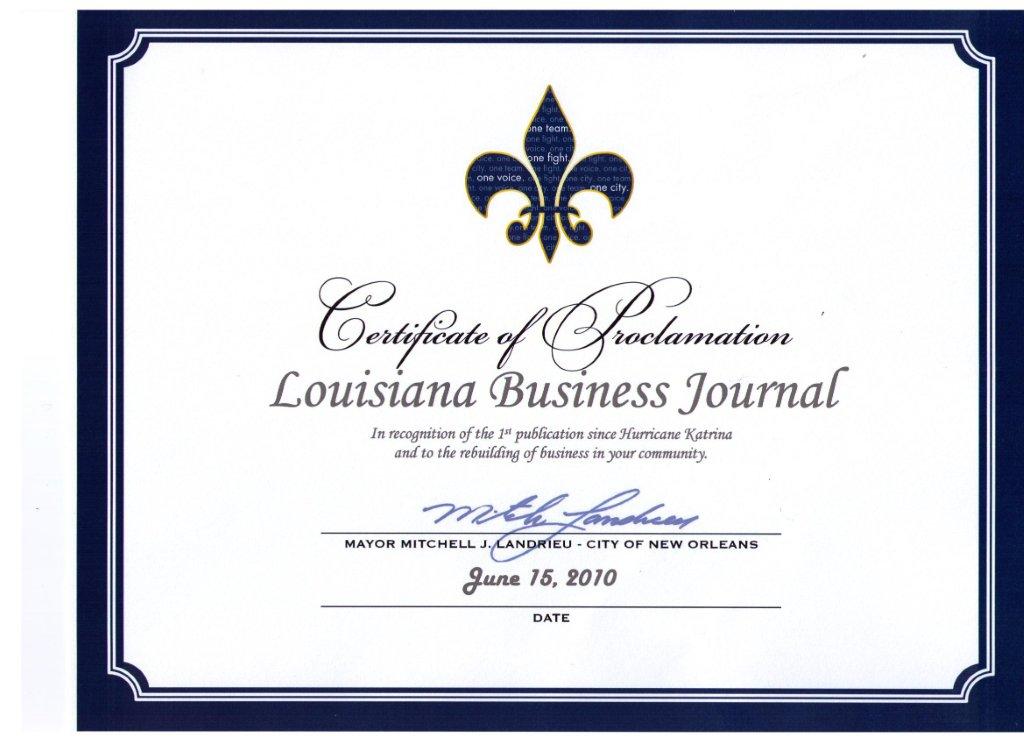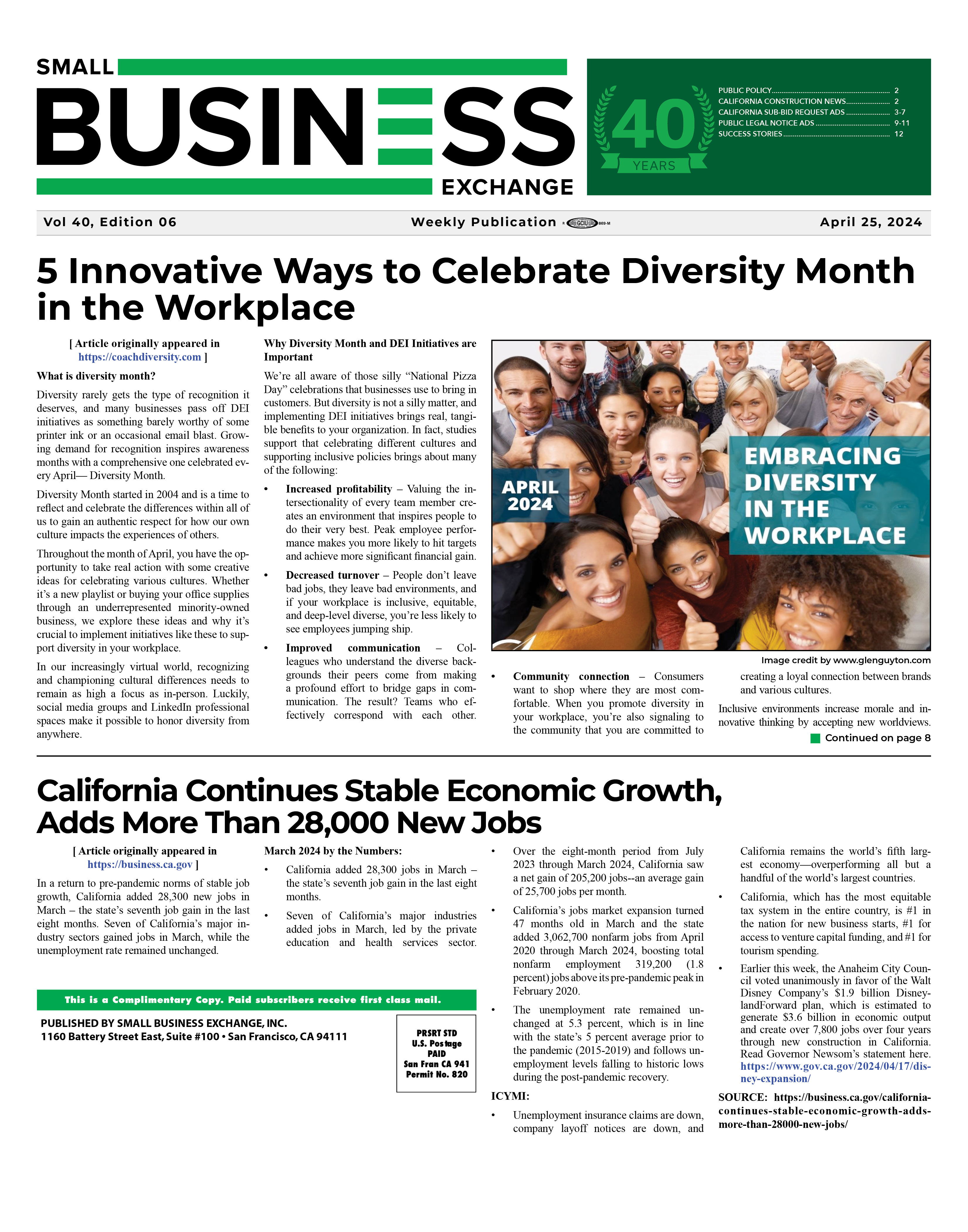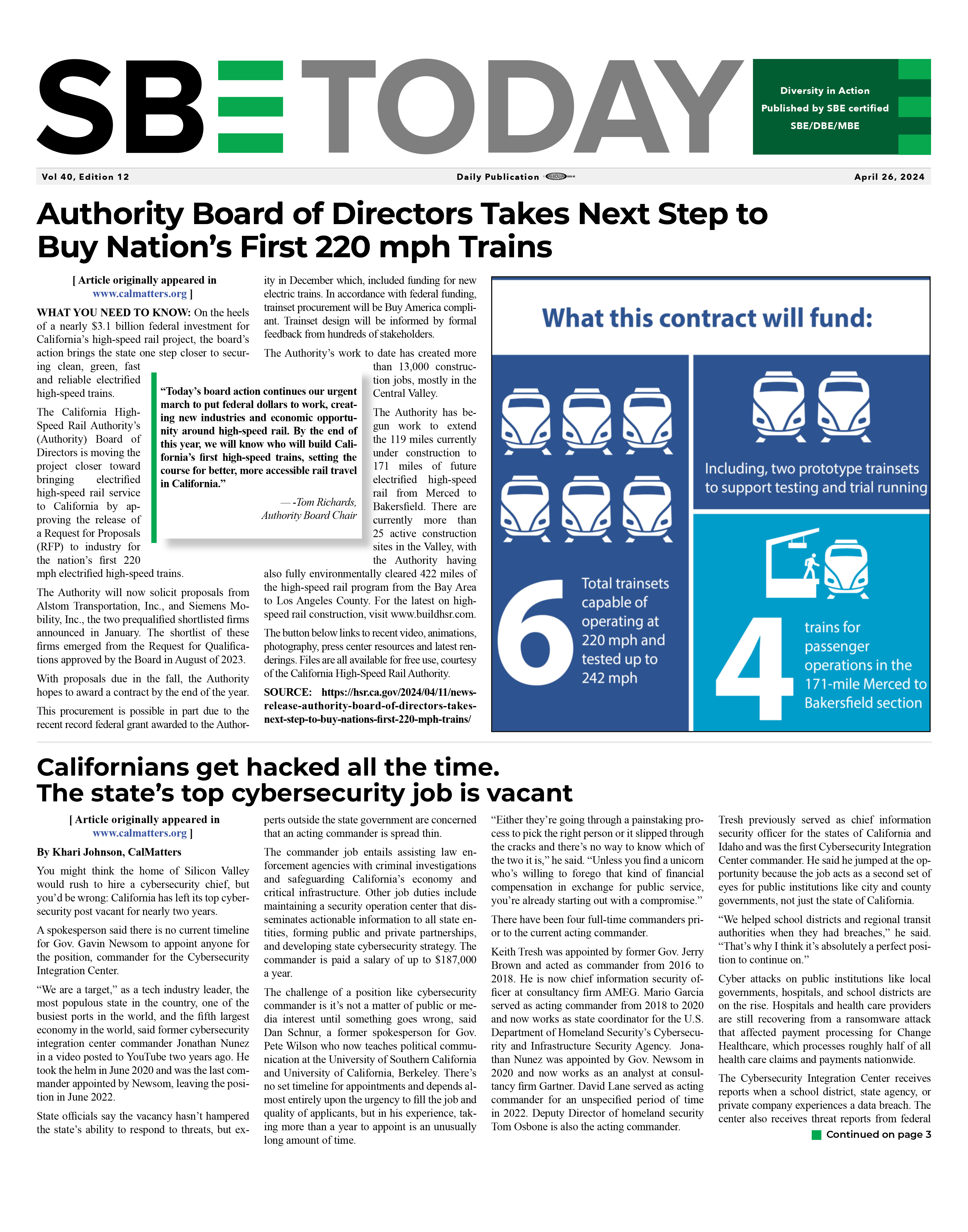Fifty Years to Restore Louisiana’s Coastline
07/25/2023
 By David Kidd By David Kidd
A leading expert on coastal restoration efforts, Simone Maloz is a director of Restore the Mississippi River Delta, a coalition of five groups whose mission is to defend and restore the disappearing Louisiana coastline. Simone also serves on the Louisiana Governor’s Advisory Commission on Coastal Protection, Restoration, and Conservation. She contributed to the most recent version of the state’s Coastal Master Plan that seeks to achieve comprehensive coastal restoration.  Governing magazine recently spoke with Maloz about the problems facing coastal Louisiana and the long-term efforts underway to reverse the decades of damage caused by the changing climate and misguided human intervention. This interview has been edited for length and clarity. Governing magazine recently spoke with Maloz about the problems facing coastal Louisiana and the long-term efforts underway to reverse the decades of damage caused by the changing climate and misguided human intervention. This interview has been edited for length and clarity.
Governing: Why is the Coastal Master Plan important to Louisiana?
Simone Maloz: This is really our road map to a sustainable coastal Louisiana, striking a balance between the economy and the environment. It very clearly lays out our priorities for not just today or tomorrow, but fifty years into the future. We have to play the long game. We know there’s not enough time. We know there’s not enough resources.
 We can’t take our foot off the gas, because here we are fifteen years into it, and we’re beginning to see the early investments pay off. We need [the time between updates] to analyze what has worked, what we need to change, and what we need to replicate. We can’t take our foot off the gas, because here we are fifteen years into it, and we’re beginning to see the early investments pay off. We need [the time between updates] to analyze what has worked, what we need to change, and what we need to replicate.
Every time we do a plan, we have so much more data to work with. And as a result, we’re more and more confident in our projections. The fifty years we projected in 2007 definitely do not look the same as what we predict today, because we know so much more.
There is no status quo in coastal Louisiana. We have to plan for something that’s really dynamic. Just three years after the first plan in 2007, we had a devastating oil spill. So that had to be thought of.
And then, of course, we’ve had several destructive hurricanes. Some back to back. During Hurricane Ida, the USGS [United States Geological Survey] estimates that coastal Louisiana lost one hundred square miles, most of that in one basin. That is just unbelievable. And that happened in between plans.
Governing: What challenges are unique to the delta?
Simone Maloz: We have to understand how we got here in the first place so we can address how we should move forward. First and foremost, we live on a delta. It is hugely dynamic. Our soils are so different than everybody else. We don’t have bedrock. How we came to be formed makes us very different. These heavy silts and clays. It also is what makes us wonderful.
We were formed by the Mississippi River, because of the freshwater and the sediments that drain a significant portion of the United States and two Canadian provinces. Upriver attempts to control flooding with dams and levees, and industrial development along the coast took its toll. Put that on top of sea level rise plus more extreme weather, and that just doubles down on an uncertain future for us. There are so many factors here in coastal Louisiana that have caused us to change.
One of our main problems is we cut off sediment supply. We have got to reintroduce and reconnect to the source that built the delta in the first place. And because of science, because of how much we've studied it, we know we can have a lot of control in doing that. We also need to think about the states that are all along the river that are trapping sediment behind dams, reducing sediment loads.
Sediment diversions are one of the cornerstones of the Coastal Master Plan. We know we can mechanically dredge hundreds of acres of marsh. We've gotten very good at it. But we could still lose that same piece of newly built land the same way that we lost it in the first place, because it was cut off from freshwater and sediment. We can't spend all of our time, money, and resources on these fixes that might only last twenty years.
Governing: What does the future look like for coastal Louisiana?
Simone Maloz: We cannot have it all the same as it used to be. We need to confront a future of what a smaller, but more sustainable delta might look like. We need to talk about what levee protection looks like for some communities. Or if in fact they need to consider home elevations or other methods of protection. And while we do see a very challenging future, the science in the plan and the people provide a healthy dose of optimism for the future. I think when you only look at the negatives, it's hard to see your way out of it. But the plan provides a road map on how we get to a successful future. It is not going to be exactly what we want, but we have a path for us to get there.
People everywhere want to live on the coast. They want to be close to the water. We're trying to share what we've learned with other states. We don’t want them to learn the same tough lessons. We can take what we've done, including the Coastal Master Plan, and we can export that knowledge and information to other coastal communities that are facing these tough futures. When Sandy hit the northeast, they called us because we had been through storms like that. The Coastal Master Plan is not just for Louisiana. It’s something we can share with other parts of the country.
 Governing: Is some degree of retreat from the coast inevitable? Governing: Is some degree of retreat from the coast inevitable?
Simone Maloz: Retreat is certainly a part of the discussion. And it wasn’t always that way, even ten years ago. The plan is giving people information so that they understand more about the places that they live and how vulnerable they are. We can protect them with levees and we can build marsh. And we have been talking more and more about things like voluntary buyouts. That is more a part of the conversation than ever before. After each storm, it's getting harder and harder for some to recover. And the issue of insurance is increasingly a factor, especially in the past ten years.
While this is a science-based plan, the Coastal Plan is for the people of Louisiana. Not just coastal Louisiana. All of Louisiana. We want to make sure people are at the center of the plan. We are very proud of the science, but it's really about preserving the communities and the culture of coastal Louisiana.
David Kidd is a photojournalist and storyteller for Governing. He can be reached at dkidd@governing.com.
Source:Governing
Back To News |
|
|
|
|
||
|
© 2024 Small Business Exchange, Inc. |
||







